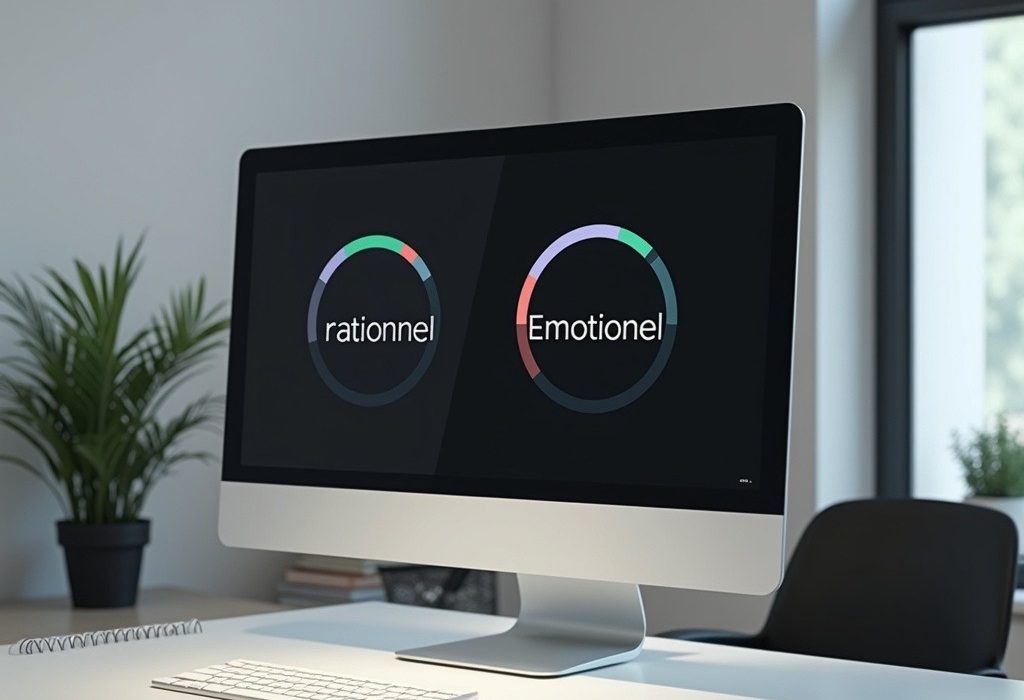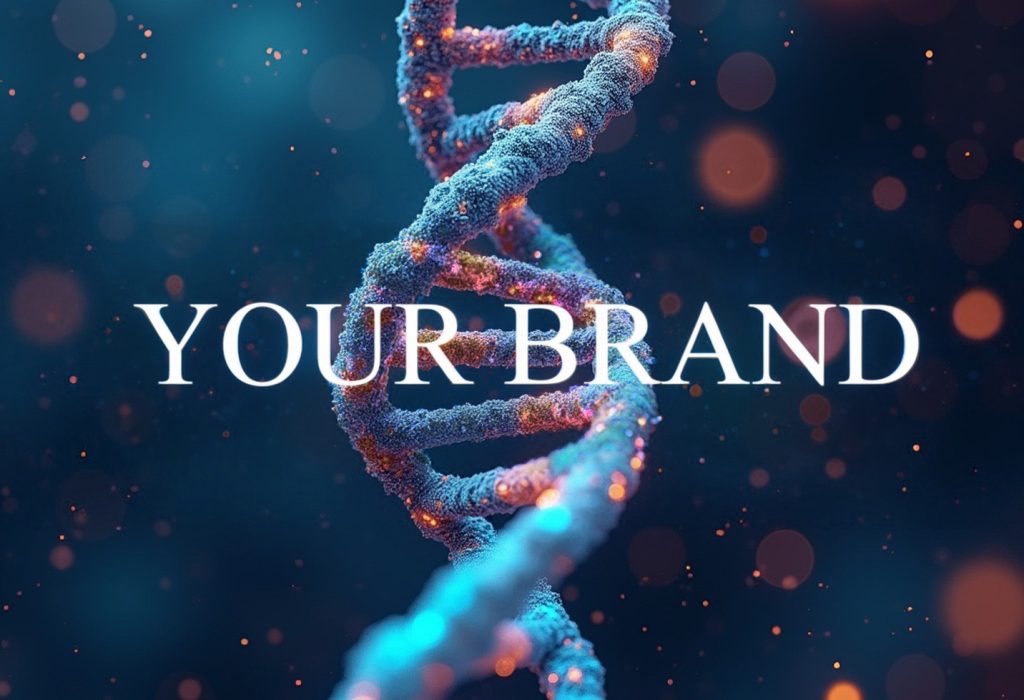We often think that our purchasing decisions are logical and well thought out. In reality, rationality is often just an afterthought to our emotional choices. Of course the economic aspects count, but a host of emotional, psychological and social factors have a strong influence on our decisions.
This is as true for B2B as it is for B2C, where human relationships play a key role in partnerships. Let’s explore how our purchases go far beyond simple logic.

Key figures
95% of our purchasing decisions are not rational, according to Gerald Zaltman, professor at Harvard Business School. When it comes to online purchases, 66% are motivated by emotional needs, according to LSA magazine.
This shows just how crucial it is to create emotional links with consumers, whether in B2B or B2C.

Emotion, a key factor
Seth Godin said: “Customers don’t buy products or services. They buy relationships, stories and magic.” This sentence sums up the importance of emotion in the act of buying. It’s not just a question of technical features or functionality. Emotions such as desire, fear or joy influence our decisions. Advertising that touches our emotions can leave a lasting mark and trigger an impulse purchase. This is true even in B2B, where decision-makers can be seduced by offers that arouse positive emotions.
Our purchases are often guided by unconscious mechanisms. Marketers use cognitive biases and persuasion techniques to guide our choices. Elements such as anchoring or the fear of missing out can push us to buy, even if our rational side hesitates.
The importance of brand identity
With so many options on the market, consumers are looking for brands that reflect their own identity. Brand image becomes a way of connecting emotionally with customers. Purchases are no longer simple transactions, they are an extension of our identity. Even in B2B, companies are looking for partners who share their values.

The quest for experience and status
Buying is often about seeking an experience or status. Consumers want products that allow them to experience unique moments and stand out from the crowd. Buying becomes a way of achieving a certain lifestyle. The opinions of others play a major role in our decisions. Online opinions, recommendations and testimonials have a major influence on our choices. Social networks amplify this phenomenon, making shopping experiences viral.

The importance of B2B relationships
In B2B, a purchase is often more than just a transaction. It’s the beginning of a partnership. Trust, reputation and human relationships are essential. Personal interaction and fluid communication are determining factors. Industrial purchasing is based on privileged relationships and mutually beneficial agreements.

Conclusion
The act of buying is much more complex than it seems. Emotions, psychology, social influences and human relationships are all factors that shape our decisions. Understanding these elements enables brands and marketers to create more effective strategies and build lasting relationships with their customers. Behind every purchasing decision lies a web of emotions, desires and motivations that influence our behaviour.
And what about music?
Among the many elements that influence our purchasing decisions, sound plays a central role in arousing emotions. A well-designed sound identity can transform a customer’s perception of a brand, creating a strong emotional bond. Studies show that music, jingles or sound signatures can trigger unconscious reactions in consumers, encouraging them to associate positive emotions with a brand or product.
Are you thinking about your brand identity? Let’s talk about it together.
At Brandy Sound, we create sound identities and compose music for brands so that a simple interaction is transformed into a meaningful emotional experience, strengthening the customer’s attachment to the brand.
